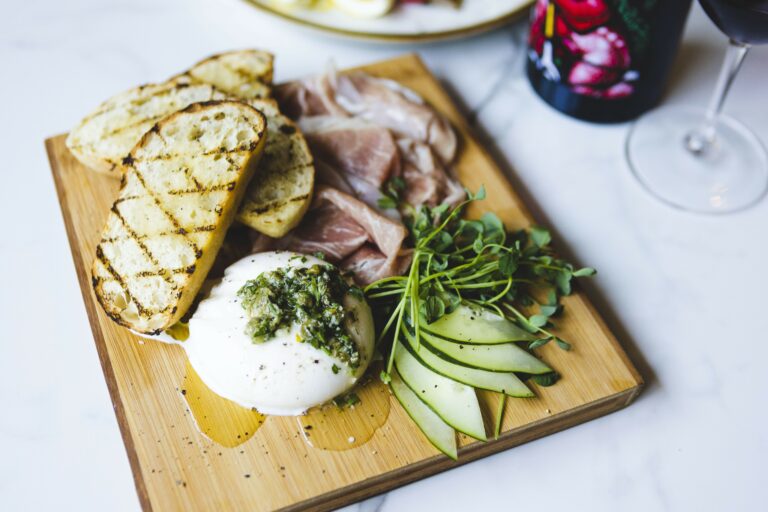Introduction: Monégasque Cuisine
Monégasque cuisine is deeply influenced by the Mediterranean region and is characterized by fresh seafood, olive oil, and aromatic herbs. The cuisine is a fusion of French and Italian culinary traditions, reflecting the country’s location between the two countries. The cuisine is also influenced by the historical presence of the Grimaldi family, who ruled Monaco since the 13th century.
Olive Oil: A Staple in Monégasque Cooking
Olive oil is a staple in Monégasque cuisine and is used in almost every dish. The oil is produced locally and is of exceptional quality. It is used in everything from salad dressings to grilled fish and vegetables. In Monégasque cuisine, the use of olive oil is not just a matter of taste but also a matter of health. Olive oil is known for its high content of monounsaturated fatty acids, which lower the risk of heart disease and stroke.
Fresh Seafood: A Highlight of Monégasque Cuisine
Fresh seafood is a highlight of Monégasque cuisine, owing to the country’s location on the Mediterranean coast. The seafood is prepared in a variety of ways, from grilled to poached, and is often served with a simple dressing of olive oil and lemon. Some of the most popular seafood dishes in Monégasque cuisine include bouillabaisse, a rich fish stew, and barbajuan de poissons, a fish-filled pastry. The seafood in Monégasque cuisine is always fresh, and the catch of the day is often available at the local markets.
Pissaladière: A Traditional Onion Tart in Monégasque Cooking
Pissaladière is a traditional onion tart that is a staple in Monégasque cuisine. The tart is made with a base of thin crust pastry, topped with caramelized onions, anchovies, and olives. The dish is often served as a snack or as an appetizer before the main course. The flavors of the caramelized onions and anchovies are enhanced by the use of herbs such as thyme and rosemary, which are commonly used in Monégasque cuisine.
Socca: A Simple Chickpea Pancake
Socca is a simple chickpea pancake that is a popular street food in Monaco. The pancake is made from chickpea flour and water and is cooked over a hot griddle until crispy. It is often served hot and sprinkled with sea salt and black pepper. Socca is a light and healthy snack that is ideal for a quick bite on the go.
Barbajuans: A Savory Pastry Filled with Swiss Chard and Ricotta
Barbajuans are savory pastries that are filled with Swiss chard and ricotta cheese and are a popular snack in Monégasque cuisine. The pastry dough is made from flour, water, and olive oil, and is filled with a mixture of Swiss chard, ricotta cheese, and other herbs and spices. The pastries are then deep-fried until golden brown and crispy. These delicious pastries are often served as an appetizer or as a light snack.

